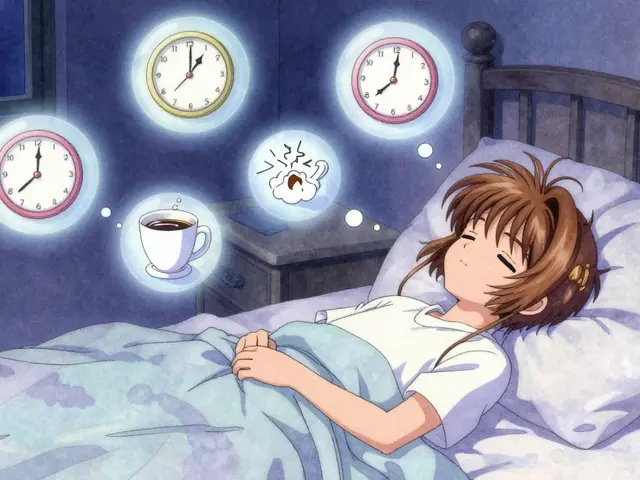Antidepressants: A Straightforward Guide
Feeling down for a long time can mess up daily life, and many people turn to antidepressants for help. This page breaks down the basics without any jargon, so you know what to expect before you talk to a doctor.
How Antidepressants Work
All antidepressants aim to fix chemical imbalances in the brain that affect mood. The most common group, SSRIs (selective serotonin reuptake inhibitors), keep more serotonin—one of the mood‑boosting chemicals—around longer. Other groups, like SNRIs (serotonin‑norepinephrine reuptake inhibitors) and tricyclics, target additional neurotransmitters.
These drugs don’t act like a magic switch. It usually takes a few weeks for the brain to adjust, which is why doctors ask patients to stick with the medication for at least six weeks before judging if it works.
Choosing the Right One & Managing Side Effects
Choosing an antidepressant depends on your symptoms, health history, and how you react to side effects. SSRIs such as fluoxetine (Prozac) or sertraline (Zoloft) are often first‑line because they tend to have fewer side effects. If you don’t feel better after an SSRI, a doctor might suggest an SNRI like duloxetine (Cymbalta) or a different class.
Common side effects include nausea, dry mouth, trouble sleeping, or a little weight change. Most of these fade after the first few weeks. If something feels too strong, call your prescriber—sometimes a dose tweak or switching to another drug solves the issue.
It’s also smart to watch for rare but serious signs: sudden mood swings, thoughts of self‑harm, or a fast heartbeat. If any of these pop up, get medical help right away.
Lifestyle can boost the medication’s effect. Regular walks, steady sleep, and a balanced diet give your brain extra support. Many people find that therapy—like cognitive‑behavioral therapy—paired with a pill works better than either alone.
When you start a new antidepressant, keep a simple log. Write down the date, dose, and any symptoms you notice. This record helps you and your doctor spot patterns and decide if the treatment is on track.
Stopping an antidepressant suddenly can cause withdrawal‑type symptoms like dizziness or electric‑shock sensations. Always taper off under a doctor’s guidance rather than quitting cold turkey.
In short, antidepressants are tools that can lift mood when used correctly. Talk openly with your healthcare provider, track how you feel, and combine medication with healthy habits for the best chance of feeling better.
1 July 2025
Tessa Marley
Unwrap the world of Luvox, a well-known medication for OCD and anxiety, with its uses, benefits, possible side effects, dosing tips, and real-life advice. Know how it might help or affect you.
Continue Reading...
23 June 2025
Tessa Marley
Explore how Emsam works as a depression treatment, its unique patch delivery, practical usage tips, safety facts, and real-life advice for managing mental health.
Continue Reading...







